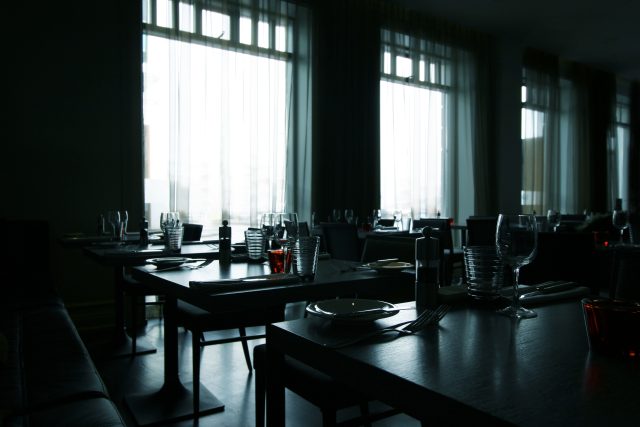Can bad TripAdvisor reviews really shut restaurants?
TripAdvisor ratings for restaurants across the north of England have dropped significantly in recent years, with notable ramifications for these businesses, according to a new report from Dino Social.

The study gathered ratings on TripAdvisor from April 2021 to April 2023 for all restaurants in Macclesfield, Carlisle, Chester, Buxton, Derby, Manchester, Penrith, Kendal, Lancaster, Newcastle upon Tyne, Durham, Keswick, and, the only non-English city in the report, Edinburgh, including those that are no longer operating.
It found that while restaurants in some cities, such as Manchester, largely did not experience major drops in TripAdvisor user ratings, the general trend was one of declining ratings.
For example, of the 238 restaurants in Durham, 34 (14.2%) saw their TripAdvisor rating drop – whereas only 12 (5%) saw their ratings improve. The typical margin for the rating to get better/worse was 0.5 stars. Of that total of 238 restaurants, 44 (18.4%) closed in the two year period.
The overall data from the 3,237 restaurants examined found that 241 (7.4%) saw their user rating decline, 157 (4.8%) saw theirs go up, and 396 (12.2%) closed.
Alex Brown, managing director at Dino Social, commented: “By looking at the star ratings across a two-year period, we found that, unfortunately, the number of local restaurants that have seen their star rating decline over time is almost double that of those who saw an improvement in their score.”
“What was most alarming to see,” Brown continued, “was the number of restaurants that closed. Overall, 12% of restaurants were no longer operating in 2023, in comparison to this time two years ago. Of course, while there can be many factors behind these closures, it highlights the importance of having good public support when running a small business.”
Partner Content
It is certainly true that there is more than just bad reviews at play here, and correlation does not automatically equal causation: the rising cost of ingredients, energy bills, and staff shortages (a consequence of both Brexit and the Covid-19 pandemic), among other difficulties, have combined to create an incredibly challenging environment for hospitality businesses across the UK.
It does raise the question of why post-pandemic ratings have dropped. Though the report does not cite a reason, the phenomenon may be a consequence of the recruitment issue that has blighted the sector resulting in worse service and, if positions in the kitchen are proving difficult to fill, possibly lower quality food. According to a Barclays Corporate Banking study from last year, these shortages have been more acute in the East of England and the Midlands than the North, though that is not to say that it hasn’t been an issue.
“We also found that areas that rely heavily on tourism, such as Edinburgh, Newcastle upon Tyne and Manchester, had higher numbers of business closures,” Brown added.
Though not running a restaurant in the north of England, Tom Fahey, the restaurateur behind The Terrace on the Isle of Wight, is well-versed when it comes to dealing with TripAdvisor, often sharing his responses to unfavourable reviews on social media. Speaking with db, he expressed surprise at the findings, but scepticism about the conclusion: “If anything I would have said that, certainly following the pandemic, people became less willing to post negative reviews. Perhaps now that living costs are squeezed and restaurant prices have had to increase reviewers find themselves less well-disposed.”
“From my point of view as an owner,” he continued, “TripAdvisor is a distraction more than a major problem. It helps me drive custom indirectly from the attention my replies get. If I could delist from it tomorrow, I would, so I doubt it’s driving all that much direct custom for restaurants – certainly not enough that bad reviews would close them. With hotels, I think it has more power, but at Terrace Rooms & Wine we’ve deliberately asked every guest not to review us online and have so far avoided getting listed, thank goodness. Long may it stay that way.”
But even if the platform might not have the power to shut a restaurant, it still creates problems, according to Fahey: “My biggest issue with TripAdvisor is that it supports public abuse of my team. This, to me, should be illegal. It may be an opinion stated by a person who is not connected to TripAdvisor, but TripAdvisor is still the facilitator. Public shaming of people who are just doing their jobs is appalling, a large corporation supporting endemic public shaming is morally wrong and I will never engage with them until they regulate to prevent it!”
Related news
MIKO Mei Fair to launch in Mayfair this April




